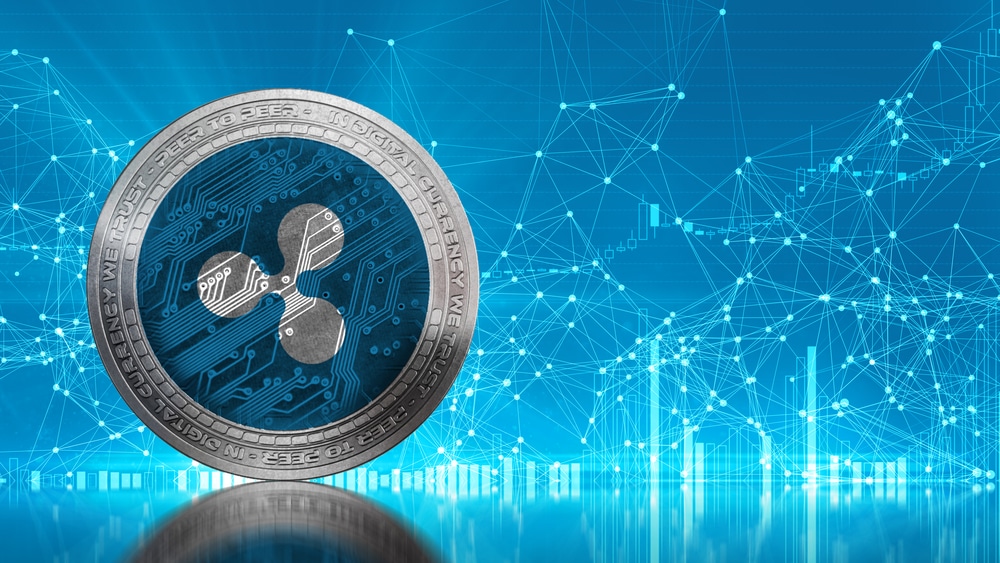Mastercard and several big U.S. banks have announced a new initiative to test tokenized asset settlement, which aims to modernize and streamline interbank transactions. This action comes after a fruitful test that was carried out in late 2022.
The test covered domestic interbank and international payments in dollars and lasted twelve weeks. The most recent test focuses on using tokenization technology—which substitutes unique I.D.s or tokens for sensitive payment information—to settle transactions between institutions.
The use of this technology to improve security and lower the possibility of fraud in digital transactions has grown in popularity in recent years. Mastercard and a group of United States banks worked together in the first test to investigate the possible advantages of tokenized asset settlement.
The 2022 test yielded encouraging findings, including shorter settlement times and lower costs for the participating banks. Building on this achievement, Mastercard and its partners have started a more extensive test, extending its reach to encompass a greater variety of financial instruments and transactions.
MasterCard’s Project Rhymes with the Banking Industry’s Tokenization Agenda
Mastercard says that it hopes to lower the risks involved with traditional settlement techniques while providing banks and other financial institutions with a safe and effective means to conduct business through the adoption of tokenization.
The move’s announcement coincides with the banking sector’s growing exploration of tokenization and blockchain’s potential to transform asset management and payments. Ed McLaughlin, Chief Technology Officer of Mastercard, emphasized the company’s dedication to innovation and the value of collaborations in advancing advancement.
According to McLaughlin, “tokenization offers a secure and scalable way to settle transactions, and we’re excited to work with our partners in the banking industry to explore its full potential,” he stated. The project has also been met with enthusiasm from participating institutions, who point out that the first test showed evident benefits in terms of speed and security.
Outcome of Test Promises to Change the Face of the Finance Sector
The test looks at tokenized settlement’s use in other financial activities, such as interbank transfers, securities trading, and cross-border remittances. Solomon Samuel, an industry analyst, wrote on CoinXposure that the test’s outcomes might significantly impact the financial sector and possibly result in the widespread use of tokenization technology in banking and other financial services.
The test is still in its early phases, but industry professionals are optimistic about tokenized asset settlement’s potential advantages. SEC has received many requests from major globally acclaimed financial institutions in the United States seeking to participate in the newly approved spot BTC ETF market.
A report from the SEC revealed that prominent financial organizations like the Bank Policy Institute (BPI) and the American Bankers Association (ABA) have formally sent applications to Gary Gensler, the SEC chairman, requesting that a modification be made to #121 (SAB 121) of the Staff Accounting Bulletin.
Tokenization Project Contributors, Six More Participants, Others Listed
The formal closure of Republic First Bank on the 26th of April (this year) represents the challenges facing the United State’s banking industry. Recall that in 2023, the Republic First Bank made the news as the first financial institution to fold. This situation stood as a wake-up call for the United States monetary authorities to review its regulatory responsibility.
The Regulated Settlement Network (RSN)’s Proof-of-Concept (PoC), has witnessed two main additions to the already participating banks in the network of tokenized interbank deposits. This arrangement saw significant players like the USDF Consortium getting directly involved, while Tassat Group will be contributing.
Deloitte is also tasked with providing advisory services, while the Securities Industry and Financial Markets Association (SIFMA) will work as the program manager. Currently, there are ten participating significant banks: Mastercard, Zions Bancorp, USDF, T.D. Bank N.A., U.S. Bank, Wells Fargo, Zions Bancorp, Visa, Citi, and JPMorgan.
Six more participants are expected to participate in this project, offering their services where it matters. Among the six participants are Tassat Group, Broadridge, MITRE Corporation (a nonprofit), Depository Trust and Clearing Corporation (DTCC), International Swaps and Derivatives Association (ISDA), and BNY Mellon.









Leave a comment